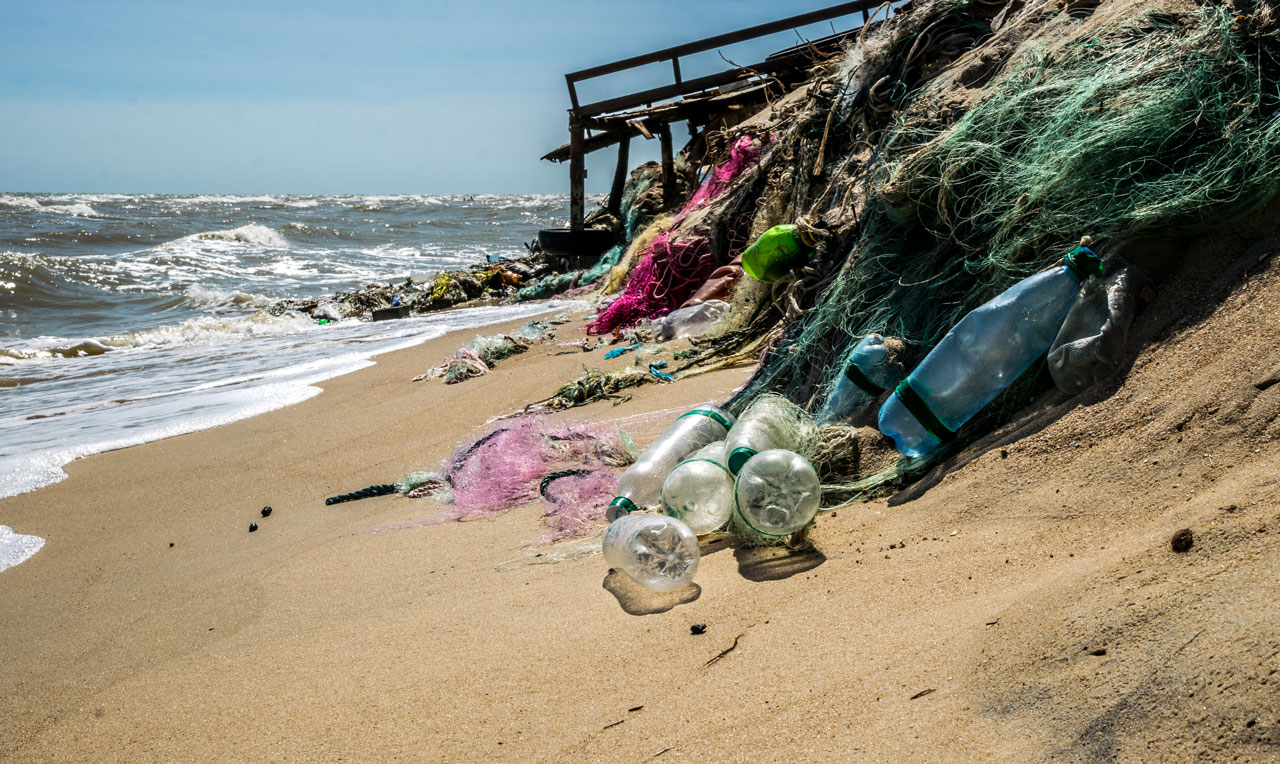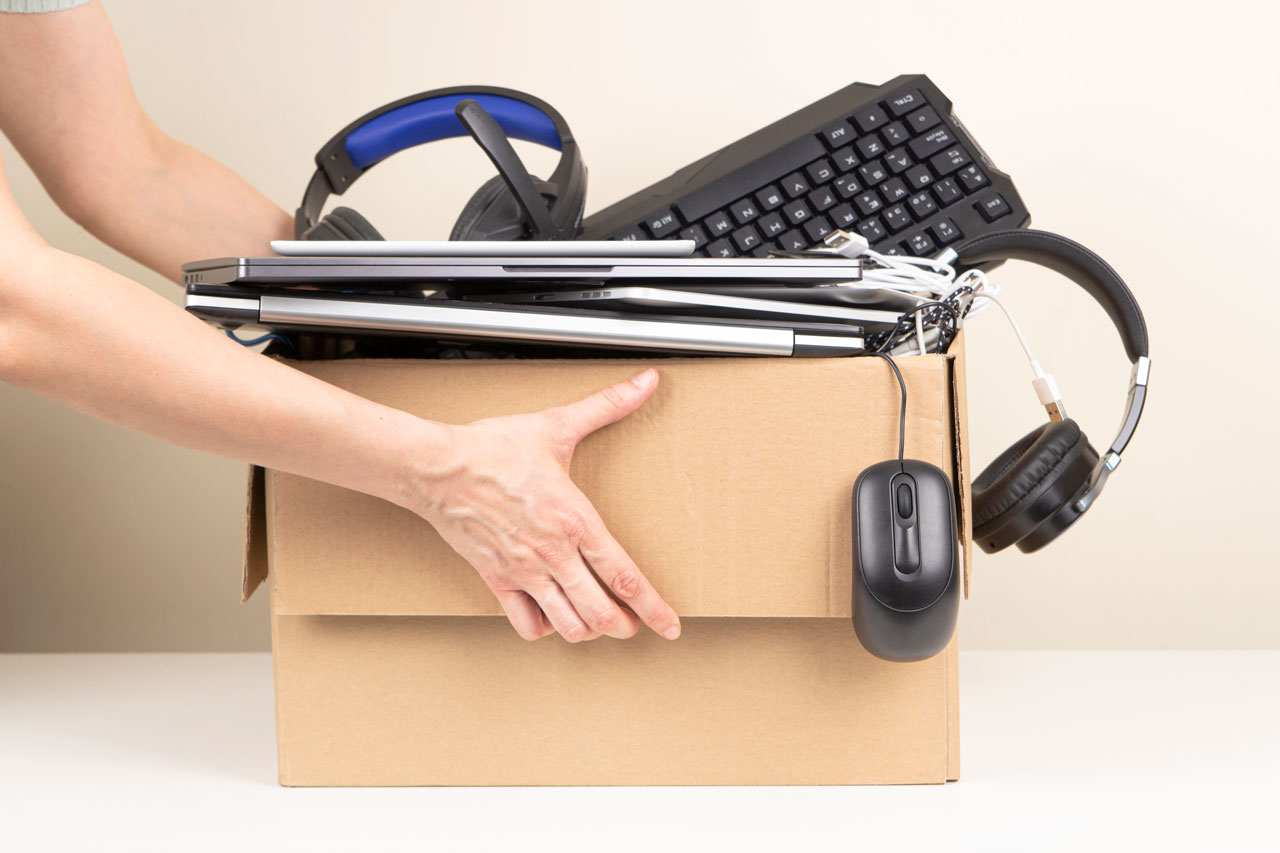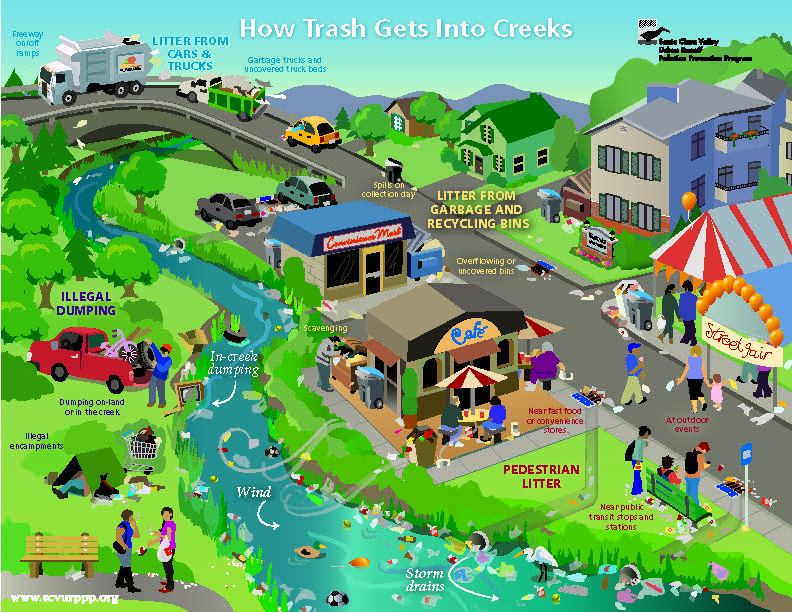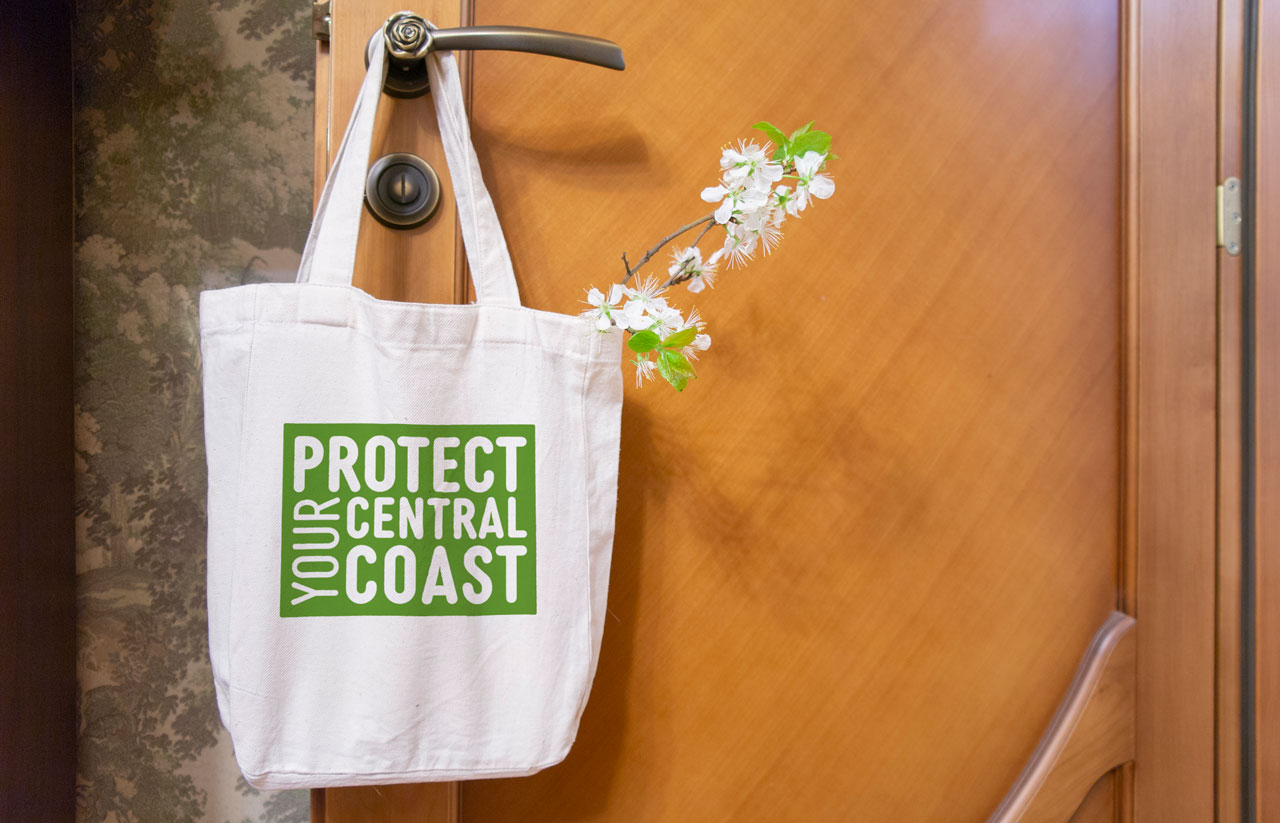Illegal Dumping
We All Pay For Illegal Dumping
Illegal dumping is a serious problem that affects our quality of life. Besides being unsightly to look at, dumping also negatively impacts our natural environment, local farmland and property values.
Everyone in the community pays for the cost of cleanups. For every dollar spent to clean up an illegal dumpsite, that’s one less dollar that can be utilized for other programs.
If a dumpsite is not cleaned up immediately, more people might contribute their garbage to the pile. Illegal dumpsites attract vermin/vectors, kill vegetation and habitat, and contribute to water pollution, flooding, erosion and fires.
How You Can Help
Report Illegal Dumping
- Call 911 to report an illegal dumping crime in progress.
- If you come across an illegal dumpsite, contact the illegal dumping enforcement agency for your community:
Monterey County
San Benito County
Santa Cruz County
Proper Disposal
Offenders face fines and possible jail time. Don’t risk it! There are alternatives to minimize or eliminate disposal costs.
- Donate unwanted items.
- Recycle what you can. Many items (including most appliances, mattresses and box springs, household hazardous waste and electronics) are free to recycle either through your curbside recycling service, or at many local recycling facilities and private organizations.
- Take advantage of bulky item pickup services from your curbside service provider, and community cleanup events that offer opportunities for free disposal.
- Keep green waste separate from trash and other contamination so you can dispose it at a reduced rate.
For more disposal and recycling information, check Recycle Right.
Prevent Litter
Nearly 80 percent of the litter found in our waterways and the Monterey Bay is washed, blown or dumped there from land! One piece of litter can end up miles from where it is thrown on a suburban street, polluting our waterways, and threatening water quality and wildlife.
How Litter Harms
- Six-pack rings, rope, and discarded fishing line can wrap around fins, flippers and limbs of fish and other animals in the water.
- Plastic bags, deflated balloons or other items can be mistaken for food and swallowed, blocking an animal’s digestive tract.
- Chemicals found in plastics and other litter can leach into the water, polluting it further.
- Illegally dumped trash can create flooding and erosion hazards, putting people and property in flood zones at a higher risk.
- Illegally dumped tires and other trash can collect standing water, which creates a breeding zone for disease-carrying mosquitoes.
Proper Disposal
Offenders face fines and possible jail time. Don’t risk it! There are alternatives to minimize or eliminate disposal costs.
- Donate unwanted items.
- Recycle what you can. Many items (including most appliances, mattresses and box springs, household hazardous waste and electronics) are free to recycle either through your curbside recycling service, or at many local recycling facilities and private organizations.
- Take advantage of bulky item pickup services from your curbside service provider, and community cleanup events that offer opportunities for free disposal.
- Keep green waste separate from trash and other contamination so you can dispose it at a reduced rate.
For more disposal and recycling information, check Recycle Right.
Prevent Litter
Nearly 80 percent of the litter found in our waterways and the Monterey Bay is washed, blown or dumped there from land! One piece of litter can end up miles from where it is thrown on a suburban street, polluting our waterways, and threatening water quality and wildlife.
How Litter Harms
- Six-pack rings, rope, and discarded fishing line can wrap around fins, flippers and limbs of fish and other animals in the water.
- Plastic bags, deflated balloons or other items can be mistaken for food and swallowed, blocking an animal’s digestive tract.
- Chemicals found in plastics and other litter can leach into the water, polluting it further.
- Illegally dumped trash can create flooding and erosion hazards, putting people and property in flood zones at a higher risk.
- Illegally dumped tires and other trash can collect standing water, which creates a breeding zone for disease-carrying mosquitoes.
Sources of Litter
The primary sources of litter are: pedestrians, motorists, trucks with uncovered loads, incorrect household trash handling and its placement at the curb, loading docks, and construction sites.
Make a Difference
- If you see litter, pick it up and put it in a trash can. Even a cigarette butt thrown on a city street can flow through a storm drain into local waterways or directly out to the Monterey Bay.
- Keep garbage and recycling cans tightly covered to prevent litter from being blown away or scattered by foraging animals.
- Putting trash on or next to an overflowing trash cart is the same thing as littering; waste haulers will not accept overflowing trash carts and you risk contributing to littering your neighborhood.
- Dispose of pet waste in the garbage.
- Dispose of cigarette butts properly.
- Always bring a bag for your trash when picnicking, hiking, or camping.
- Keep a waste bag in the car. Collect all recycling and trash and dispose of it properly.
- When hauling materials by truck, enclose your loads or cover with a tarp to prevent anything from falling or blowing off the back.
- Use reusable bags, bottles, mugs and other items to reduce what you need to throw away.
- If you own a business, check your dumpster on a regular basis and protect it from illegal dumping.
- Participate in a cleanup event for National River Cleanup Day in May, and Coastal Cleanup Day in September.
- Contact your local city to find out how you can participate in cleanup programs, or Connect with us on social media for announcements.
- Volunteer for cleanup events or adopt a beach with Save Our Shores.
- Report littering from motor vehicles in Monterey County
- Report illegal dumping and littered sites in Santa Cruz County: call 24-hour dispatch at (831) 477-3999 or at stopdumping.us
- Report and prevent illegal dumping in Monterey County
Need help remembering your reusables?
Bags
- Hang bags on your doorknob
- Stick a reminder note on the door until it becomes a habit
- Keep bags in the car, in the trunk or backseat; remember that your unloading chore is not complete until the bags are back in the car
- Assign bag duty to your child as your family’s “official bag monitor and shopping assistant” with the task of reminding you to bring your bags into the store
- Keep a spare folded up in your purse, briefcase, backpack or glove compartment – one bag is better than none!
- Add “Bags” as the first item on your shopping list
- Remember, you don’t need a special bag. Repurpose a beach tote, backpack or duffle bag.
Need help remembering your reusables?
Bags
- Hang bags on your doorknob
- Stick a reminder note on the door until it becomes a habit
- Keep bags in the car, in the trunk or backseat; remember that your unloading chore is not complete until the bags are back in the car
- Assign bag duty to your child as your family’s “official bag monitor and shopping assistant” with the task of reminding you to bring your bags into the store
- Keep a spare folded up in your purse, briefcase, backpack or glove compartment – one bag is better than none!
- Add “Bags” as the first item on your shopping list
- Remember, you don’t need a special bag. Repurpose a beach tote, backpack or duffle bag.
Mugs, Bottles, Containers + Utensils
- Use a carabineer or key chain to attach water bottles to other things you’ll remember, like a purse or lunch bag
- When you wash your mug or bottle each night, put it back with your keys, wallet, glasses, etc. – things you’ll take with you when you leave home each day
- Keep a spare in your purse, gym bag, diaper bag or backpack
- Keep a spare in your car, office or locker
- Stick a reminder note on the door until it becomes a habit



